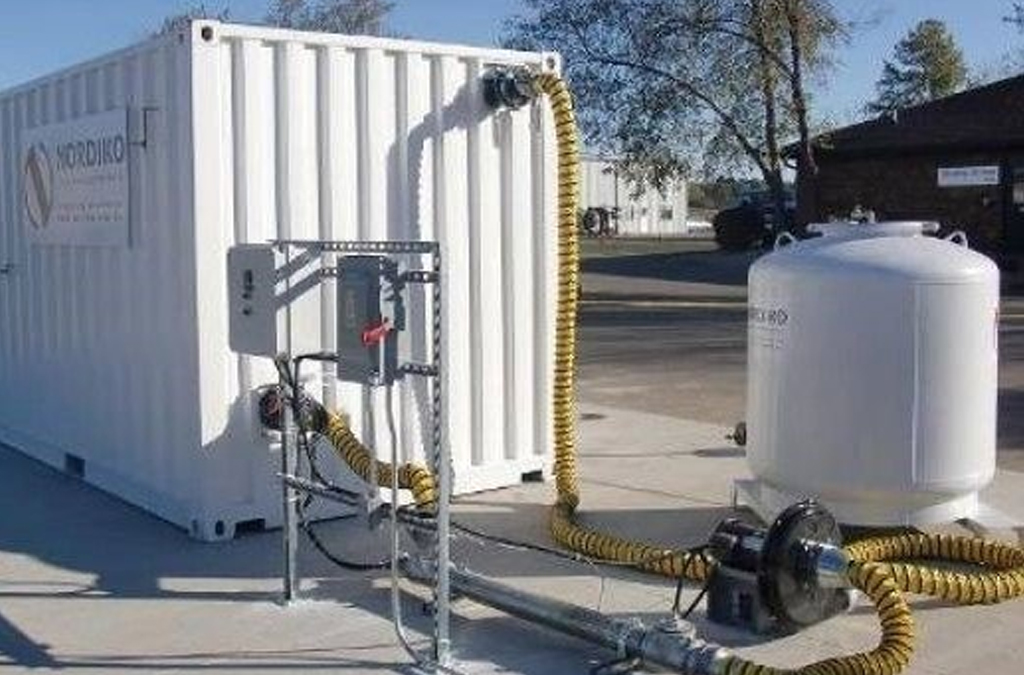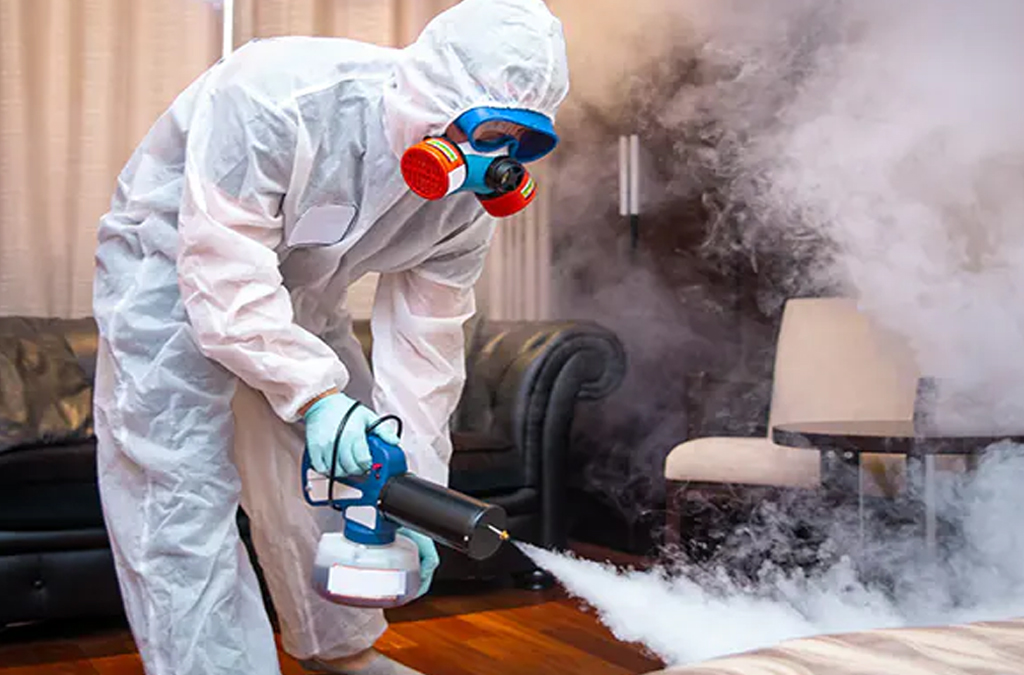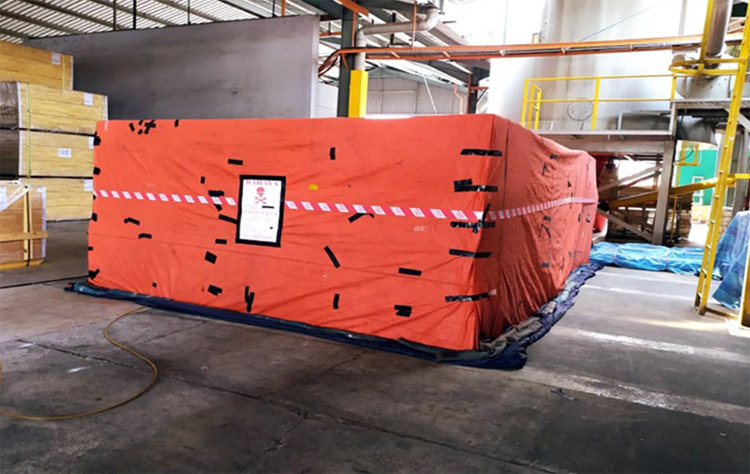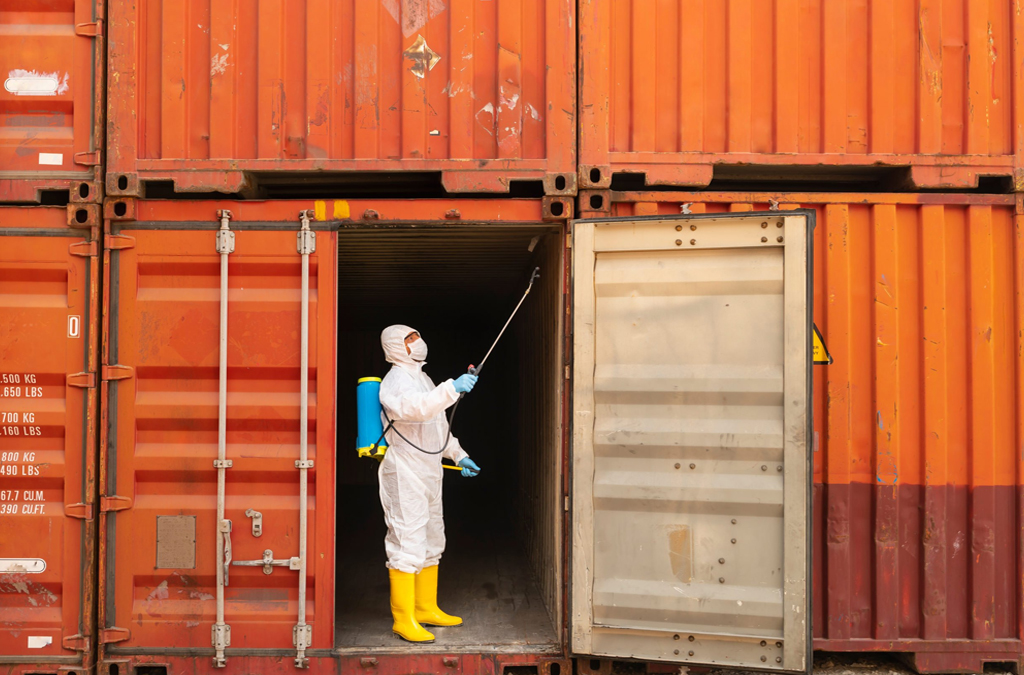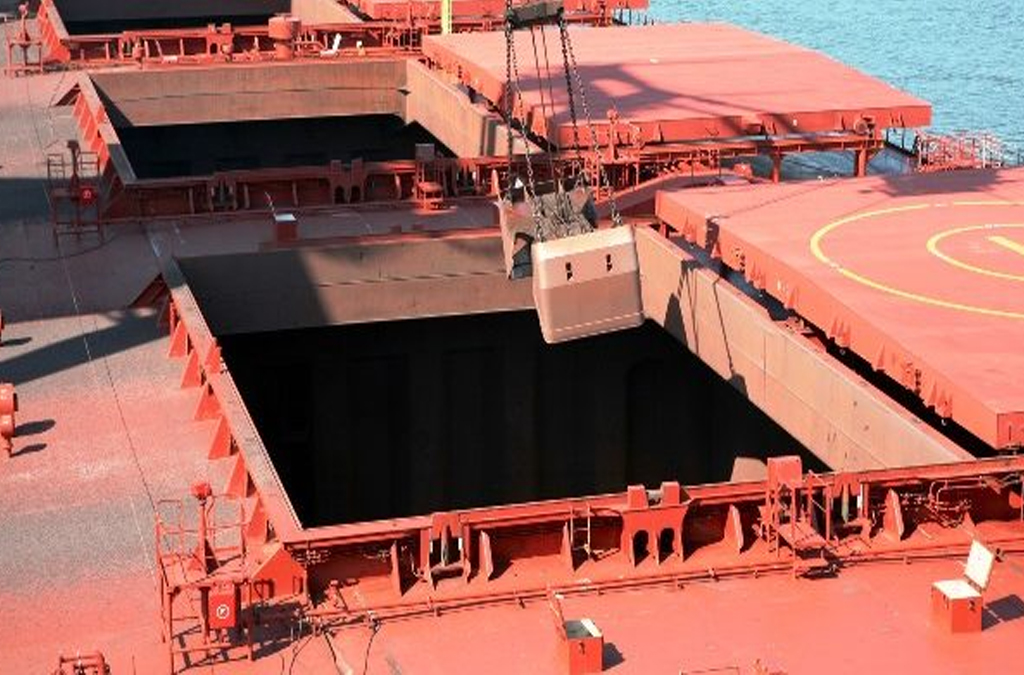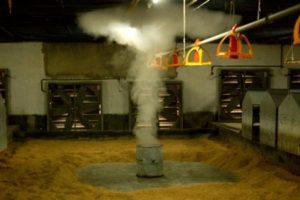Fumigation is a pest control method that works best in enclosed spaces. It is effective against all kinds of commercial and storage pests and other annoying critters that stick around stored food, warehouses, and manufacturing plants. Fumigation becomes a necessity when pests take over your building and you don’t want to compromise on hygiene and safety.
At Wercore Pest Control, the fumigation procedure is conducted by certified and well-trained Municipality-approved fumigators in compliance with standard safety protocols.
